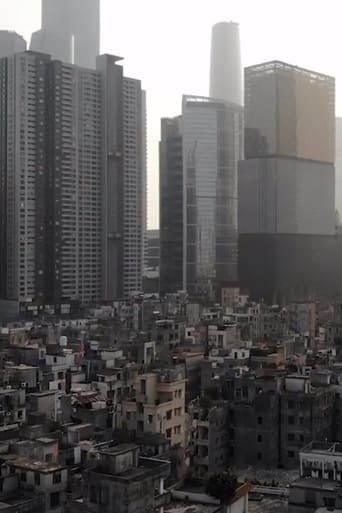The Revolution They Remember part 1
5.5
Documentary
Rated:
2020
0h53m
On:
Country: United States of America
“The Revolution They Remember” compiles selected excerpts from interviews of Chinese who recall their experiences of the Cultural Revolution era, 1966-1976, drawing on more than 120 interviews in the oral history projects of the University of Pittsburgh Library and the Dartmouth College Library. The film offers rich visual material, arranging the interviews according to the historical chronology of events, with attention to age, gender, geographic breadth, and social groups. It concludes with reflections of participants and scholars on the era and its legacies today. “The Revolution They Remember” compiles selected excerpts from interviews of Chinese who recall their experiences of the Cultural Revolution era, 1966-1976, drawing on more than 120 interviews in the oral history projects of the University of Pittsburgh Library and the Dartmouth College Library. The film offers rich visual material, arranging the interviews according to the historical chronology of events, with attention to age, gender, geographic breadth, and social groups. It concludes with reflections of participants and scholars on the era and its legacies today. “The Revolution They Remember” compiles selected excerpts from interviews of Chinese who recall their experiences of the Cultural Revolution era, 1966-1976, drawing on more than 120 interviews in the oral history projects of the University of Pittsburgh Library and the Dartmouth College Library. The film offers rich visual material, arranging the interviews according to the historical chronology of events, with attention to age, gender, geographic breadth, and social groups. It concludes with reflections of participants and scholars on the era and its legacies today. “The Revolution They Remember” compiles selected excerpts from interviews of Chinese who recall their experiences of the Cultural Revolution era, 1966-1976, drawing on more than 120 interviews in the oral history projects of the University of Pittsburgh Library and the Dartmouth College Library. The film offers rich visual material, arranging the interviews according to the historical chronology of events, with attention to age, gender, geographic breadth, and social groups. It concludes with reflections of participants and scholars on the era and its legacies today.



 AD
AD
